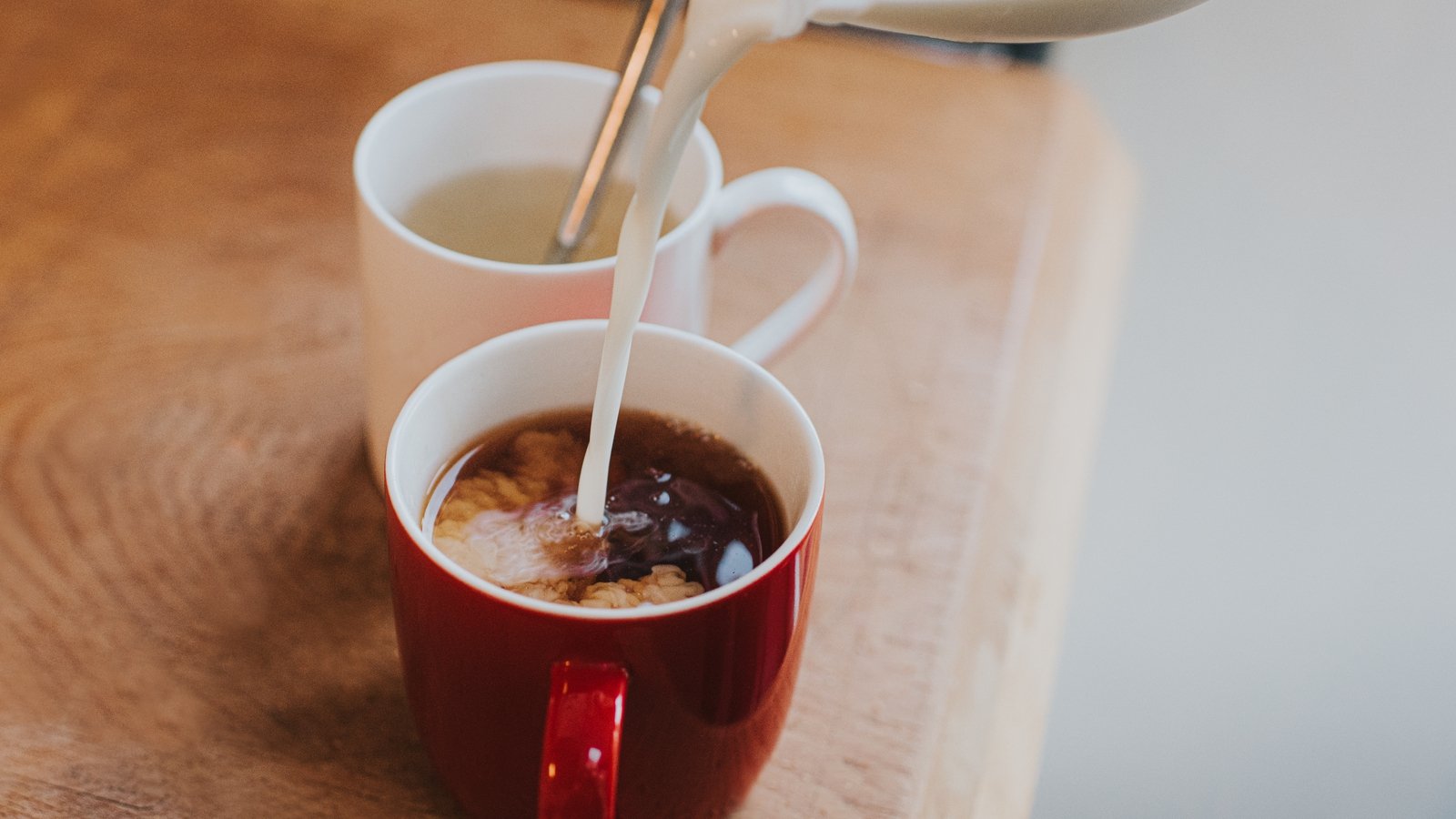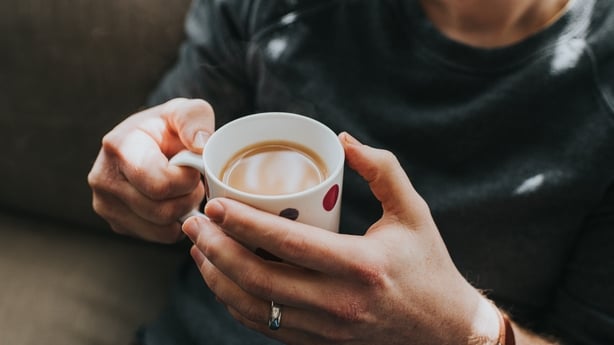US embassy reacts to “unthinkable” method of adding salt to tea

A US chemist’s suggestion of adding salt and a squeeze of lemon to tea has prompted the US embassy in London to dismiss the technique as “unthinkable”.
Michelle Francl, a professor of chemistry at Bryn Mawr College, shared her method of making the perfect cup of tea in her new book, Steeped: The Chemistry of Tea.
The professor analysed scores of research papers and ancient texts about tea making to arrive at her scientifically backed method for brewing the perfect cup of tea. Criticising the American method, which she writes too often used lukewarm water, she found that adding a barely detectable amount of table salt neutralises the bitter notes in tea.

“It is not like adding sugar. I think people are afraid they will be able to taste the salt”, she writes.
A squeeze of lemon, meanwhile, can allegedly remove the “scum” from your brew.
Francl even gave the tea makers of Ireland a shout out, writing: “I have had better cups of tea at service stations in Ireland than I have had at fancy restaurants in the US.”
The hubbub prompted a diplomatic intervention from the US embassy in London itself, which posted a statement on X (formerly Twitter) that was equal parts tongue-in-cheek and grave.
Writing about the “special bond” between the two nations, the embassy strove to reassure the British public: “We want to ensure the good people of the UK that the unthinkable notion of adding salt to Britain’s national drink is not official United States policy. And never will be.”
An important statement on the latest tea controversy. 🇺🇸🇬🇧 pic.twitter.com/HZFfSCl9sD
— U.S. Embassy London (@USAinUK) January 24, 2024
The statement ended with a reference to another divisive tea technique, which went viral on TikTok in recent years: “The US embassy will continue to make tea in the proper way – by microwaving it.”
Speaking to the BBC, Francl said that she “certainly did not mean to cause a diplomatic incident”.
“My emails have been going crazy today. I did not anticipate waking up this morning to see loads of people talking about salt in their tea.”
Of course, there is precedent when it comes to divides over tea in the US. In 1773 demonstrators in Boston tossed 300 chests of tea into the harbour in protest against British taxes. The protest became known as the Boston Tea Party, and was a decisive moment in the lead up to the American Revolution.
Francl also suggested using short, stout mugs that have less surface area, and so keep the tea hotter. She favours loose leaf tea over tea bags, and constantly stirring the brew. Warming the mug and the milk also improves the tea, she writes, and milk should be added last.





